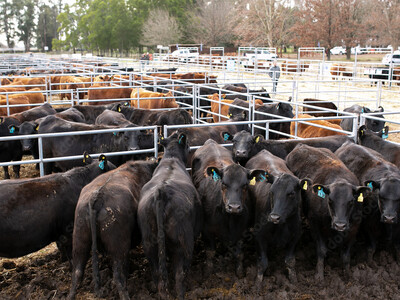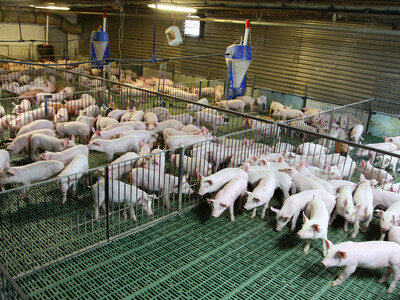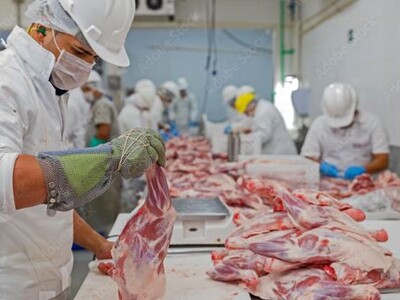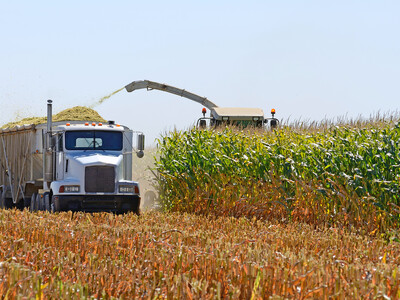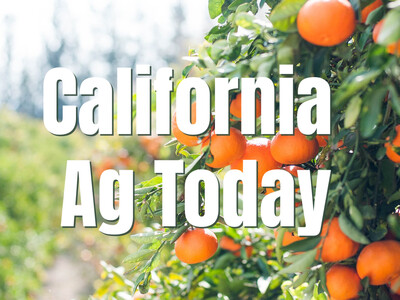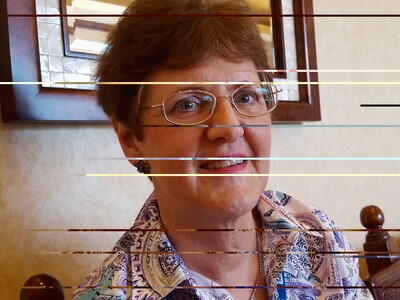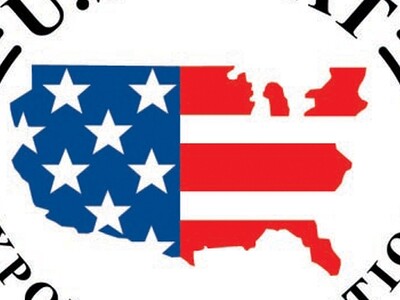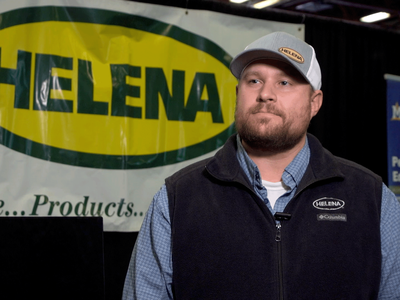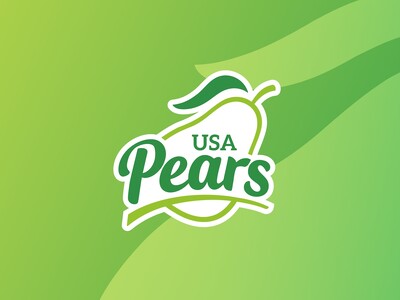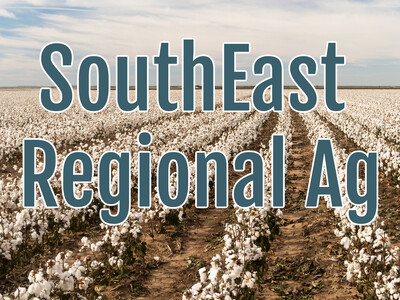The Farmer of the Future
The Farmer of the Future. I’m Greg Martin as Line On Agriculture presents the Harvest Clean Energy Report.
As a young man growing up in Kansas I spent most of my summers on the back of a Farmall “M” tractor. You ate a lot of dirt and diesel. Those days are long gone according to Mike Strauss, farm accountant with the JR Simplot’s Grand View Farms in Burbank, Washington.
STRAUSS: I would say we’re not state of the art but we’re danged close. We use telemetry, we’re low energy inputs. We’ve taken as many steps as possible. As a matter of fact we have some interesting projects - we’re working with Bonneville Power Administration. They’ve got a real challenge dealing with wind power dumping on to their grid. Sometimes the wind ain’t blowing and they need electricity, other times they don’t need the power demand but the wind is blowing so they’re forced to take it so we’ve done some pilot projects with them and we like to think we’re good stewards of the ground.
Strauss talks about why this is so important to their company.
STRAUSS: It’s important for all of us. Our company is dedicated to being seen as a green company and not through just words, our actions show it. We get incentives from our corporate group for energy conservation. In fact it’s a requirement. They’ve insisted we reduce our footprint 10% in the next year and it’s kind of a tough task in some locations because we think we’re already pretty green but that focus is going to continue.
I mentioned the old “M” tractor that I used in my youth and would never have imagined the evolution of technology.
STRAUSS: Our tractors are nothing like - you picture a guy in a straw hat sitting on a tractor, it isn’t like that at all. We have GPS units in all tractors, there’s multiple computer monitors. The tractors basically drive themselves now and the operator is monitoring the field work whether it be planting or harvesting. The new tractors are very fuel efficient. We’re upgrading constantly so we’ve got state of the art equipment and there’s fuel savings to be had.
Indeed todays farmers are more like starship captains but the bottom line is lowering inputs.
STRAUSS: The farmer of the future is going to be an MBA that understands computerization and uses all the tools available to maximize yield. That’s the farmer of the future. It’s a better way to go. We put fertilizer only where it’s needed. It’s about maximizing your production with minimal inputs. That’s how we’re going to feed the world.
For additional information on clean energy, visit harvestcleanenergy.org. That’s today’s Line On Agriculture. I’m Greg Martin on the Ag Information Network.???www.harvestcleanenergy.org




